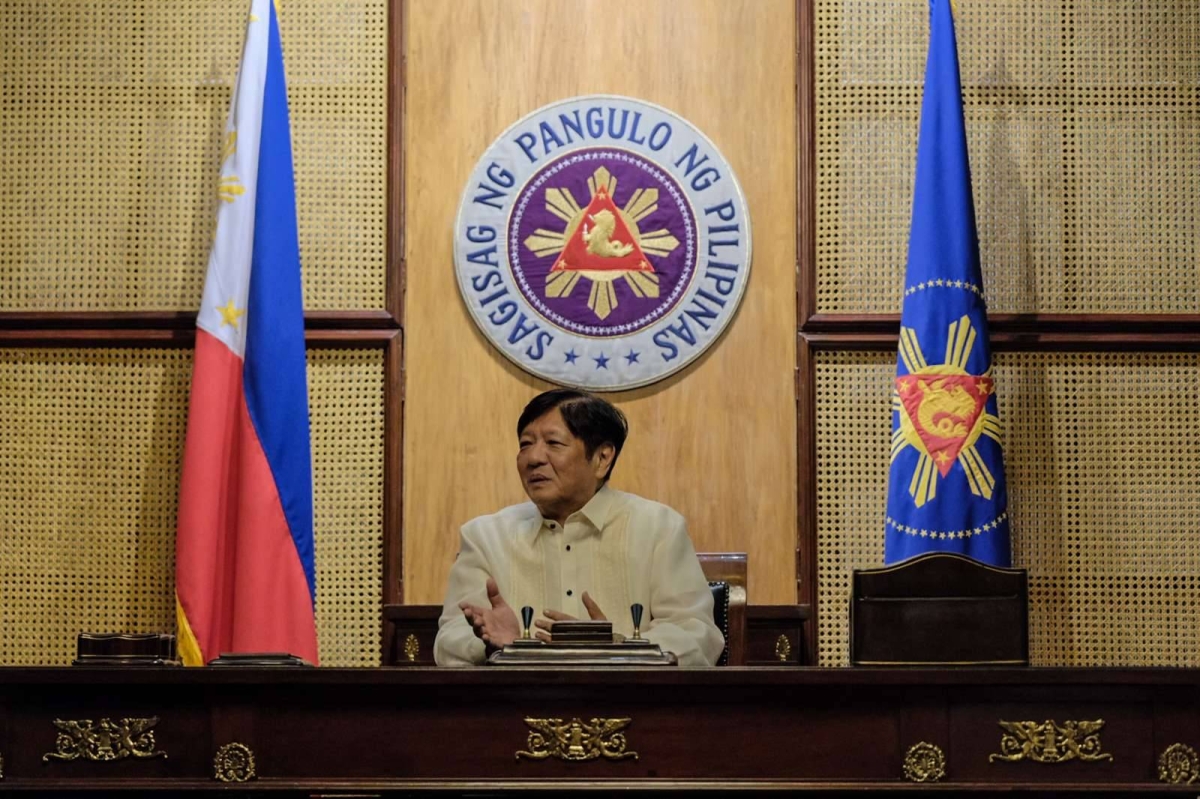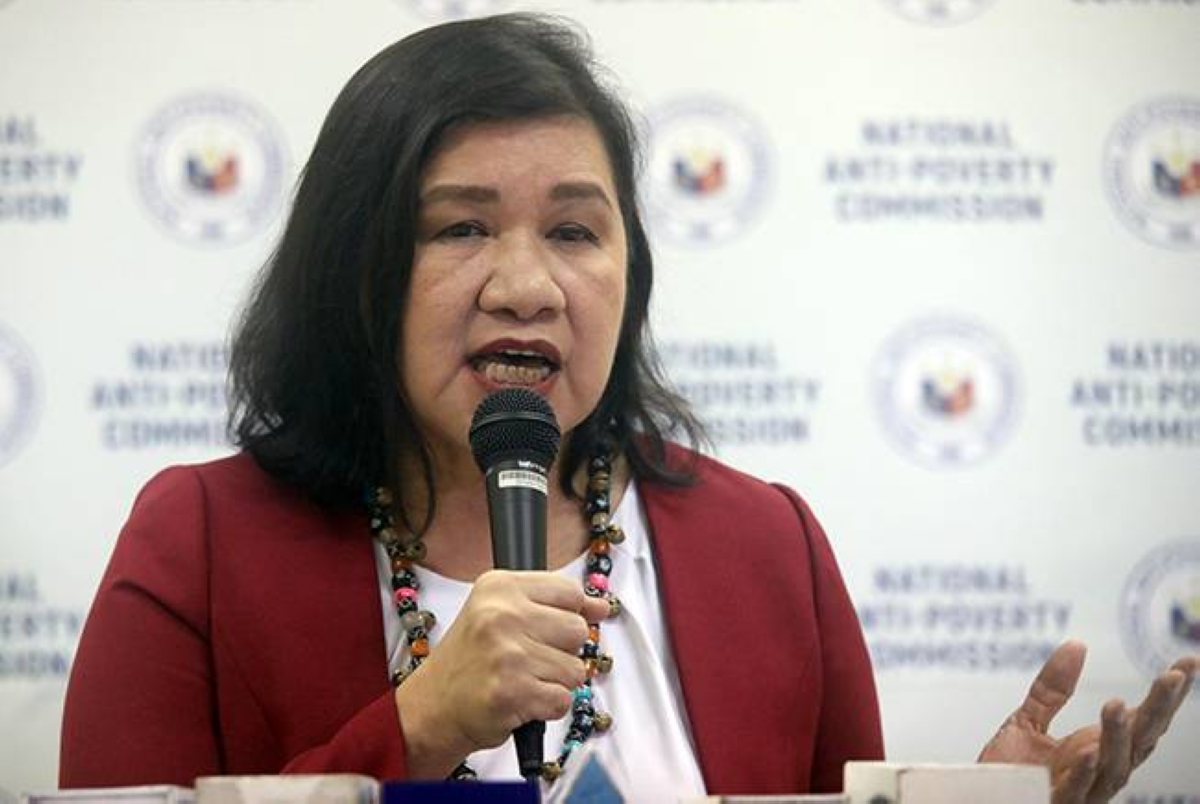The Spanish Ambassador to the Philippines, Miguel Ultray Delgado, has revealed that the Spanish government will be providing a grant of 250,000 euros (approximately P15.2 million) for the continuation of the Capacity Building on Legal and Social Advancement (Calesa) Erasmus Project. This funding comes from the Spanish Agency for International Development Cooperation (Aecid).
During the closing ceremonies of the Calesa Erasmus Project in Málaga, Spain, on January 12, 2024, Ambassador Delgado shared that a portion of the grant will be utilized for the ongoing efforts of Calesa, including the translation of Spanish legal research materials into English.
The event also provided an opportunity for a delegation from the Philippine Supreme Court, led by Justice Alfredo Benjamin Caguioa, to meet with the president of the Spanish Supreme Court, Francisco Marín Castan. Representing the Philippine Embassy in Madrid was Consul Monika Kamille Limpo, head of the Embassy’s Political Section.
The visit served as a platform for a dialogue between the 43-member Philippine delegation and the members of the Spanish Supreme Court, focusing on judicial developments in both the Philippine and Spanish jurisdictions. The shared civil law traditions of the two countries fostered a meaningful exchange of insights and perspectives.
President Marín Castan acknowledged the intertwined history and legal traditions between Spain and the Philippines. He highlighted the enduring influence of the Spanish legal system on the Philippine penal and civil code. Furthermore, he emphasized the significant contributions of his ancestor, also named Castán, to Philippine legal and academic documents.
Justice Caguioa expressed gratitude to the Tribunal Supremo for hosting the delegation and expressed his optimism that the visit would not only symbolize goodwill but also pave the way for a deeper and long-lasting partnership between the Supreme Court of Spain and the Supreme Court of the Philippines.
The announcement of the grant from the Spanish government underscores the commitment to strengthening legal and social advancement in the Philippines. The funding will support the ongoing efforts of the Calesa Erasmus Project, which aims to enhance legal capacities and promote collaboration between the two countries.
The translation of Spanish legal research materials into English will facilitate a broader understanding and dissemination of legal knowledge. This exchange of information will contribute to the development of legal frameworks and practices that align with international standards.
The dialogue between the Philippine and Spanish Supreme Courts serves as a testament to the value of international cooperation in the field of law. By sharing experiences, best practices, and insights, both countries can learn from each other and improve their respective judicial systems.
The historical ties and shared traditions between Spain and the Philippines create a strong foundation for collaboration in the legal sector. Building upon this foundation, the partnership between the Supreme Court of Spain and the Supreme Court of the Philippines has the potential to foster mutual growth and progress.
The funding provided by the Spanish government demonstrates their commitment to supporting the advancement of legal systems globally. Through initiatives like the Calesa Erasmus Project, countries can work together to strengthen legal capacities, promote justice, and ensure the rule of law.
In conclusion, the Spanish Ambassador’s announcement of funding for the Capacity Building on Legal and Social Advancement (Calesa) Erasmus Project signifies a significant step towards enhancing legal cooperation between Spain and the Philippines. This grant will support ongoing efforts to strengthen legal capacities and promote collaboration, ultimately contributing to the advancement of the legal systems in both countries.
Source: The Manila Times




